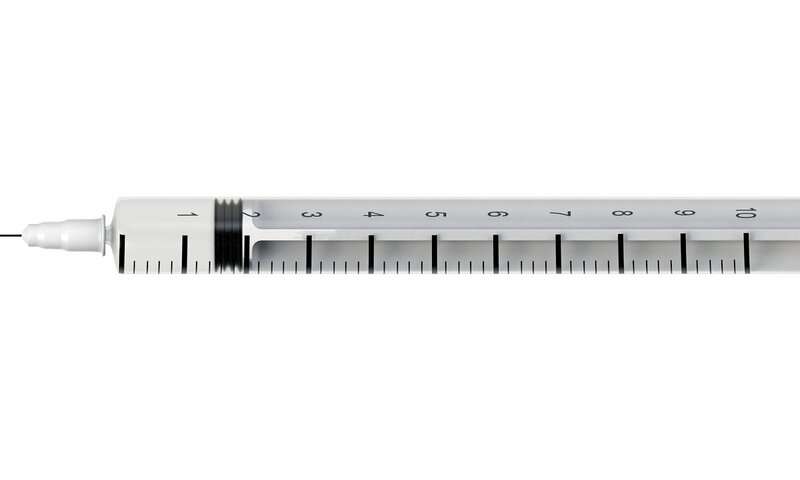Vaccine maker recounts ‘breakfast table’ pivot to COVID work

The doctor who led development of the first COVID-19 vaccine authorized in the United States, Britain and elsewhere said her company’s decision to shift from cancer research to battling the coronavirus happened over breakfast as the possibility of a pandemic was starting to seem likely.
German company BioNTech was little-known outside the pharmaceutical industry before it teamed up with U.S. giant Pfizer for “Project Lightspeed” that beat major rivals in the race to put the first thoroughly vetted vaccine on the market.
“I can remember the precise day, Jan. 24, when we made the decision at the breakfast table,” Ozlem Tureci, the chief medical officer of BioNTech said Thursday.
In a video call with German Chancellor Angela Merkel and other officials, Tureci recounted how her husband and business partner, Ugur Sahin, predicted that the outbreak of a mysterious respiratory illness in the Chinese city of Wuhan had all the ingredients for a global pandemic.
“He alerted and made all of us, that is the entire company, the supervisory board, the company’s owners, pivot from cancer therapy to this program and divert our resources to developing a vaccine,” she said.
Tureci and Sahin also credited the new approach used for the vaccine, which is based on mRNA technology they had been working on for decades, and the close collaboration with Pfizer.
“We knew we didn’t have the capacity to conduct very quick clinical studies with more than 40,000 volunteers,” said Sahin. “And that’s why we entered into a partnership with a company that’s been doing this for decades and is leading in the field, Pfizer.”
U.K. regulators gave BioNTech’s vaccine emergency authorization on Dec. 2, based on submissions that included data showing an efficacy rate of 95%. The U.S. FDA followed suit on Dec. 11, while the European regulator EMA plans to meet next week to decide on an approval request that Germany’s health minister has said could see vaccinations start Dec. 27.
Tureci said data from some 140,000 people who have so far received the first doses of the vaccine in Britain showed it was tolerated as well as during the trials.
Many staff at BioNTech will continue to work through the festive period to ensure doses are swiftly shipped, she said.
Source: Read Full Article
